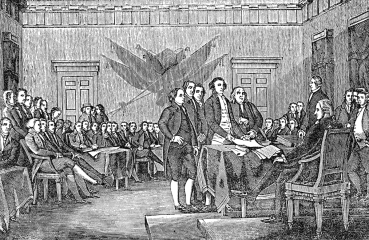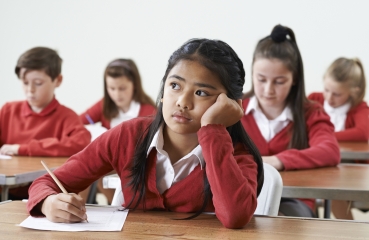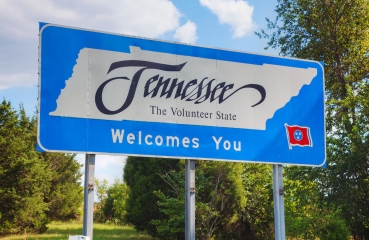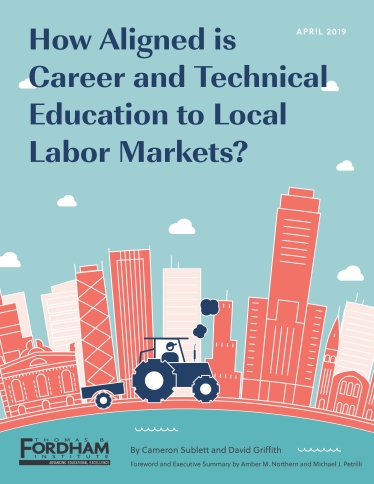Career & Technical Education
Amber M. Northern, Ph.D., Michael J. Petrilli
To our knowledge, no study has empirically examined the degree to which CTE course-taking in high school aligns with the kinds of work available in local labor markets, as our newest report does. It shows that the country needs local business, industrial, and secondary and postsecondary education sectors to join hands. At the top of their to-do list should be better integration of what is taught in local high school CTE programs with the skills, knowledge, and positions needed in area labor markets, both now and in the future.























